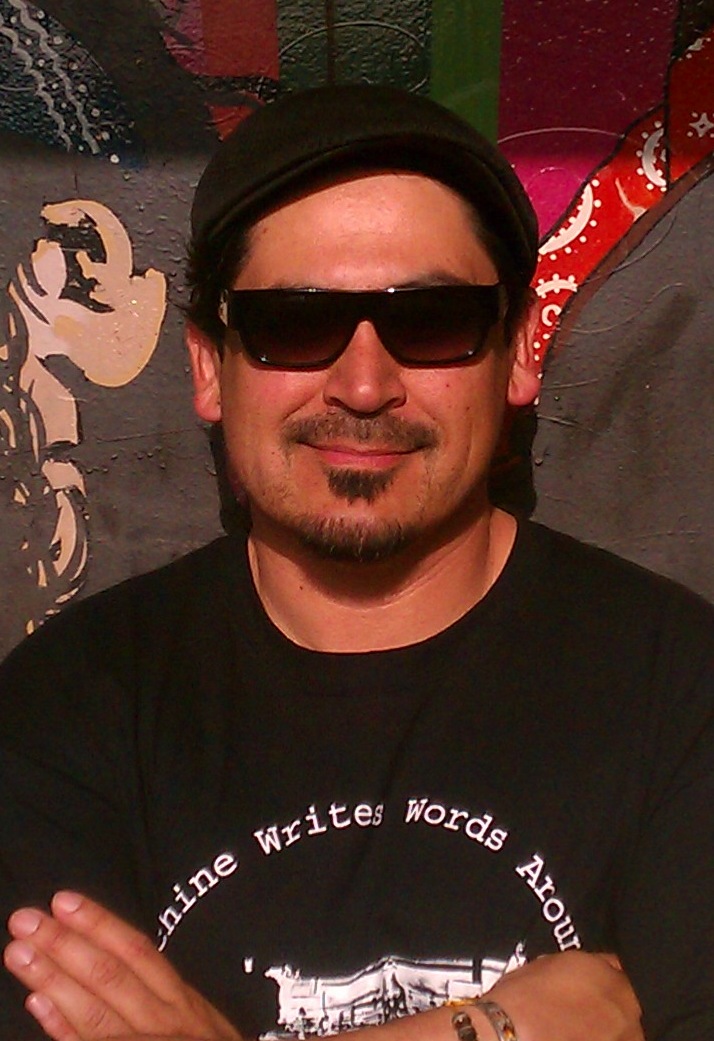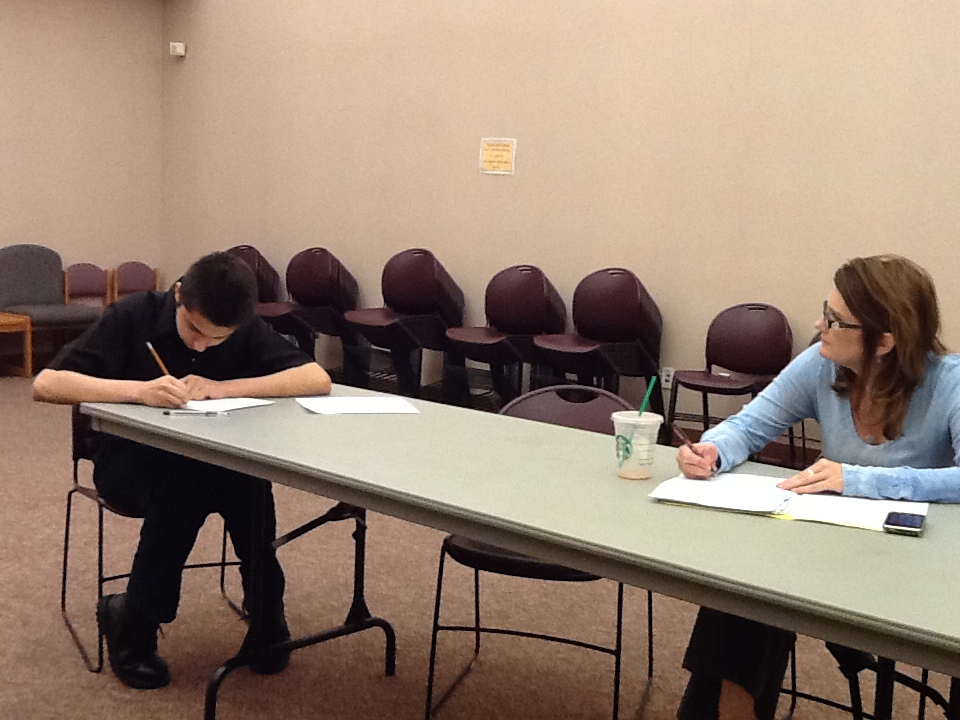New Millennium Extends Summer Contest Deadline
New Millennium Writings has extended its Summer Contest deadline to July 31. A prize of $1,000 and publication both in print and online will be given for a poem, a short story, a short-short story, and an essay.
To enter, submit up to three poems (not to exceed five pages), a short story or essay of up to 6,000 words, or a short-short story of up to 1,000 words, along with a $17 entry fee by August 31. Winners will be published in the 2013 issue of New Millennium Writings and on the NMW website. Twenty poetry finalists will also receive publication. David Madden, William Pitt Root, and Don Williams will judge.
The New Millennium Awards are offered twice yearly. The most recent winners, whose work will also be included in the 2013 issue, include Charles Fishman of East Patchogue, New York, who won the Poetry Prize for “Lament for Federico García Lorca;” J. L. Schneider of Ellenville, New York, who won the Short-Short Fiction Prize for “Salvation;” and Elizabeth Heineman of Iowa City, who won the Nonfiction Prize for “Still Life with Baby.”
A selection of work from previous winners is available here.
The journal’s mission is to "promote vibrant imagery, word-craft, and pure story-telling talent” by emerging writers. The magazine, which accepts general submissions in poetry, fiction, and creative nonfiction year-round, also features interviews and profiles of established writers such as Lucille Clifton, Nikki Giovanni, Khaled Hosseini, Cormac McCarthy, and Pamela Uschuk.
For more information on the New Millennium Awards, visit www.newmillenniumwritings.com.





 011, during National Poetry Month, Poets & Writers funded
011, during National Poetry Month, Poets & Writers funded  The Maya Angelou Library on Stockton’s southeast side sits near a tired slab of old homes and pothole-ridden streets, but this is where my next workshop is, and I’m excited for it. By now I’ve learned that behind each workshop door are people whose stories and voices will stay with me for days, sometimes months after. Suzy Daveluy, librarian and my host, conveys her worry about the number of people in attendance. Before I can reply we are approached by two teenage girls, their younger brother, and their mother. The girls introduce themselves as Emilia and Yvette. Their brother is Jesus, and their mother is Gloria.*
The Maya Angelou Library on Stockton’s southeast side sits near a tired slab of old homes and pothole-ridden streets, but this is where my next workshop is, and I’m excited for it. By now I’ve learned that behind each workshop door are people whose stories and voices will stay with me for days, sometimes months after. Suzy Daveluy, librarian and my host, conveys her worry about the number of people in attendance. Before I can reply we are approached by two teenage girls, their younger brother, and their mother. The girls introduce themselves as Emilia and Yvette. Their brother is Jesus, and their mother is Gloria.*  If I didn’t see him write those words out in front of me, I might have never believed he wrote it. His delivery is like a smooth Lenny Bruce, witty and sharp, confident. Suzy and I look at one another, and I know we’re thinking the same thing: We’ve found the future poet laureate of Stockton! Of California! Hell, of the United States!
If I didn’t see him write those words out in front of me, I might have never believed he wrote it. His delivery is like a smooth Lenny Bruce, witty and sharp, confident. Suzy and I look at one another, and I know we’re thinking the same thing: We’ve found the future poet laureate of Stockton! Of California! Hell, of the United States!